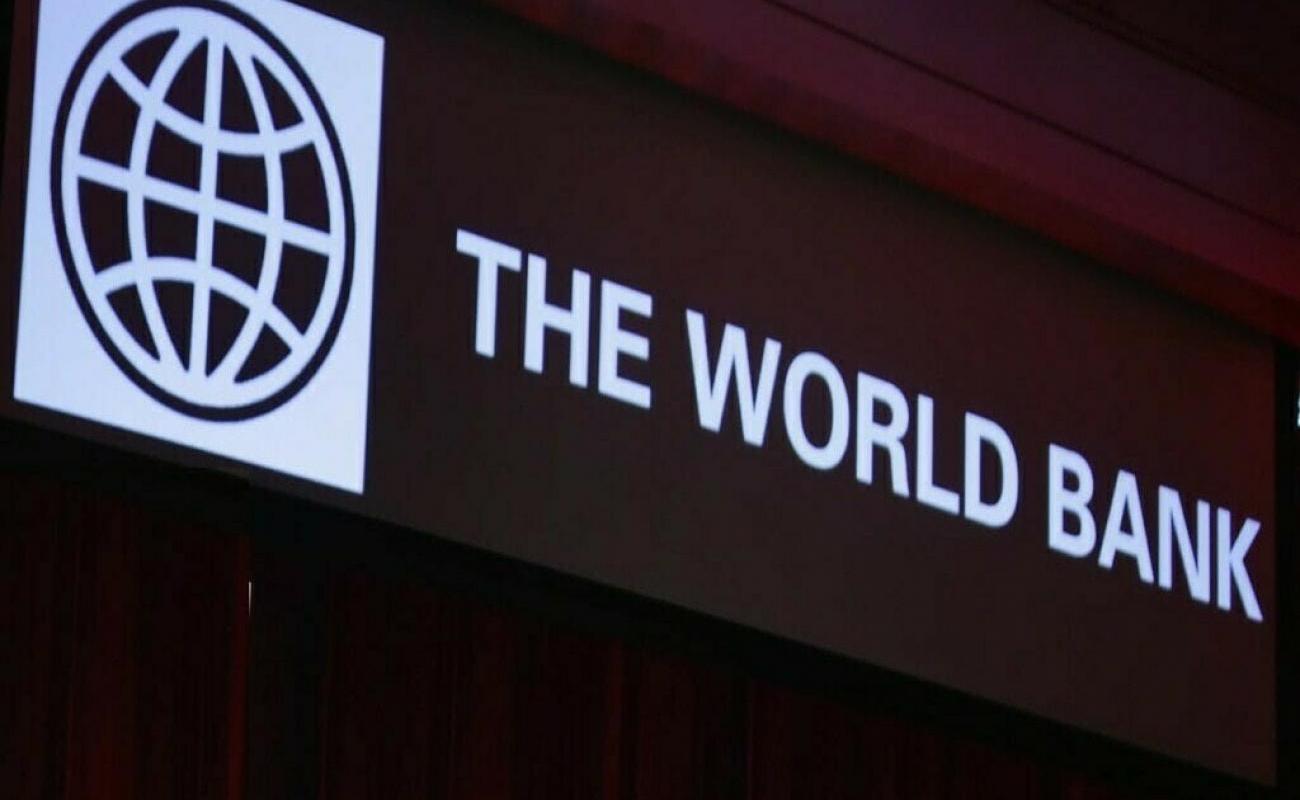Ukraine to receive $1.5bn in support package from World Bank
World Bank says its helping Ukraine provide critical services, including paying wages for hospital workers.

The World Bank is preparing a $1.5bn support package for war-torn Ukraine and plans to aid developing countries struggling to keep up with surging food and energy prices.
World Bank President David Malpass, in remarks at the Warsaw School of Economics in Poland on Tuesday, said the organisation was helping Ukraine provide critical services, including paying wages for hospital workers, pensions and social programmes.
Malpass said the package was enabled by Monday’s approval of $1bn in International Development Association (IDA) aid by donor and recipient countries, along with a $100m IDA payment to neighbouring Moldova.
A World Bank spokesperson said that, in addition to the $1bn in funding from IDA’s 19th replenishment round, the bank’s main concessional lending arm, the International Bank for Reconstruction and Development (IBRD), would provide $472m in loan guarantees.
The plan still needs full approval by the bank’s board of directors in the coming weeks, the spokesperson said, adding that the aid would allow Ukraine to continue “essential government services during the war”.
On Sunday, the World Bank forecast that the war in Ukraine would slash the country’s economic output by 45 percent this year, as half of Ukraine’s businesses are closed, maritime exports are cut off and much productive capacity is destroyed.
The aid comes on top of about $944m in fast-disbursing financing approved by the World Bank last month, which also includes donor country contributions. That package includes $350m in budget support financing from the IBRD.
Malpass has previously said the bank was working on about $3bn in total near-term aid for Ukraine.
He said the World Bank was analysing global impacts of the war, including the spike in food and energy prices, and is “preparing a surge crisis response that will provide focused support for developing countries”.
Pointing out that the spike in food prices needs immediate attention, Malpass added that for every one percentage point increase in food prices, 10 million people are expected to fall into extreme poverty.
“The rich can afford suddenly expensive staples, but the poor cannot. Malnutrition is expected to grow, and its effects will be the hardest to reverse in children,” Malpass said.
